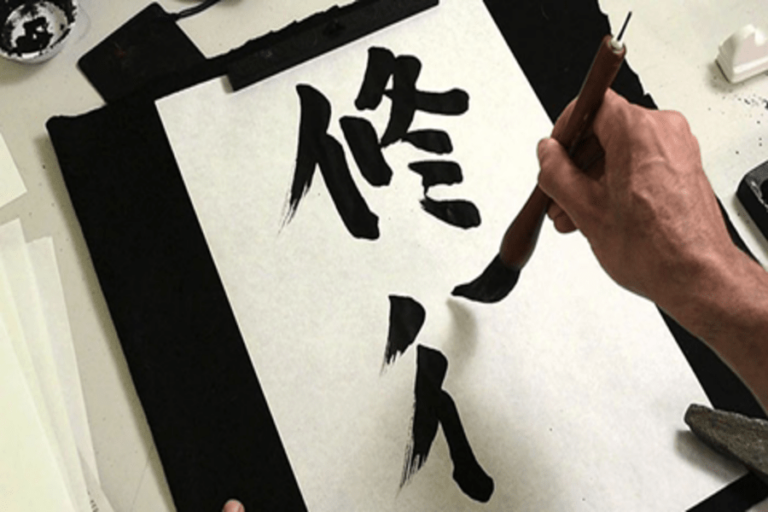Explore the dynamic evolution of Japanese business culture from its traditional roots in kimonos to the modern era of corporate suits. Delve into the unique blend of traditional values and contemporary practices that define Japan’s business landscape, shaping global perceptions and strategies.
Traditional Values: Respect, Harmony, and Loyalty
Japan’s business culture is rooted in traditional values such as respect (keigo), harmony (wa), and loyalty (chutohanpai). These principles emphasize hierarchical structures, consensus-driven decision-making, and long-term relationships (kata). From the Edo period to Meiji Restoration, Japanese merchants laid the foundation for modern business practices, fostering trust and integrity in commercial dealings.
Modernization and Western Influence
Japan’s business culture underwent significant transformation during the Meiji era (1868-1912), adopting Western business practices and technologies. The shift from traditional merchant guilds to modern corporations accelerated industrialization and economic growth, positioning Japan as a global economic powerhouse. Western business attire, such as suits (sebiro), symbolized professionalism and global integration in Japanese corporate culture.
Business Etiquette and Protocol
Japanese business etiquette (reigi) emphasizes politeness, punctuality, and protocol (ritsu-kei), reflecting hierarchical structures and group harmony (wa). Exchanging business cards (meishi) and conducting meetings (kaigi) with utmost respect are crucial aspects of business interactions. Understanding cultural nuances and non-verbal communication (kuuki wo yomu) are essential to building trust and long-term partnerships.
Innovation and Adaptation in Global Markets
Japanese businesses innovate and adapt to global markets, driving technological innovations (kezai kaizen) and strategic partnerships (kyogi). From Sony’s electronic gadgets to Toyota’s hybrid vehicles, Japanese companies lead in global technological innovations. Cross-cultural collaborations and mergers (gatai) reflect Japan’s commitment to global integration and innovation.
Sustainability and Corporate Responsibility
Japanese businesses prioritize sustainability (eisei), environmental stewardship, and corporate social responsibility (CSR). Initiatives such as Kyoto Protocol and SDGs are key drivers of sustainable development. Balancing economic growth (keizai seicho) with social and environmental responsibility (shakai kankyokusei) is crucial to Japan’s long-term success and global leadership.
Conclusion
From kimonos to corporate suits, Japan’s business culture is a testament to its rich heritage, innovative spirit, and global leadership. Exploring the evolution of Japanese business culture illuminates its distinctive blend of tradition and modernity, shaping global markets and inspiring future generations.
Embark on a journey through Japan’s business landscape and discover how the evolution from kimonos to corporate suits has defined its global impact and cultural legacy.






